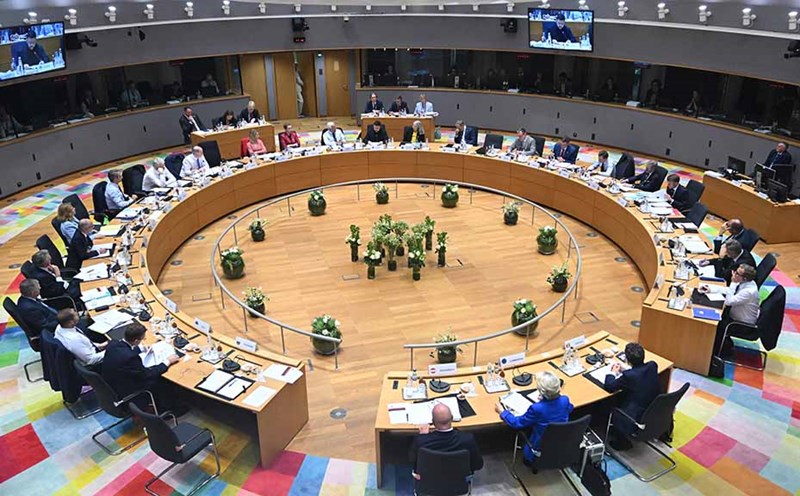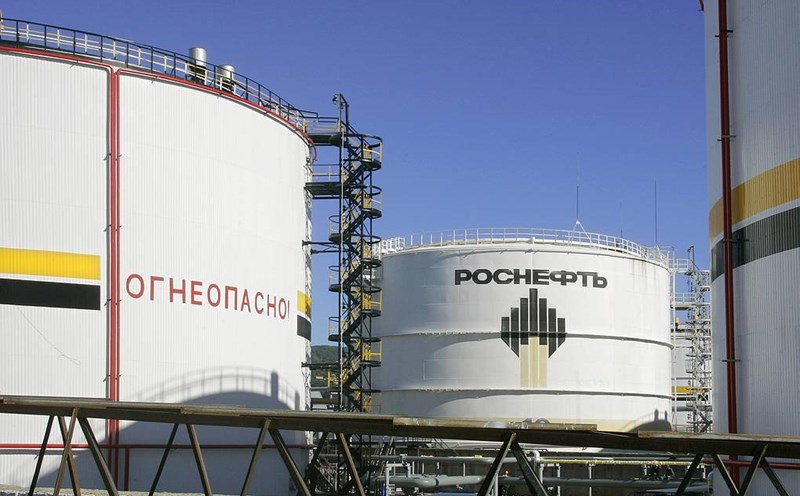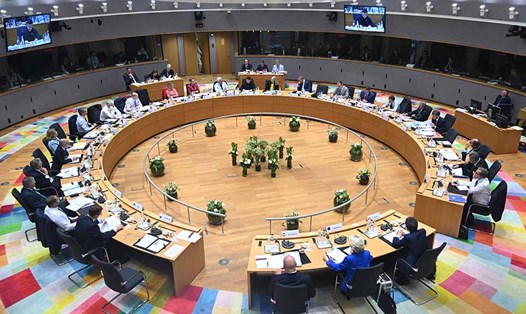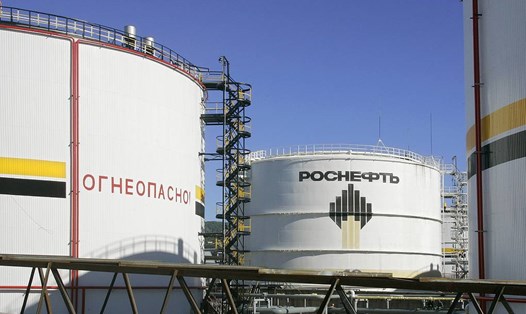German Chancellor Friedrich Merz said that Berlin is proposing to Washington to grant sanctions exemptions to the branch of Russian oil and gas giant Rosneft in Germany.
Speaking on the sidelines of the EU summit in Brussels last week, Mr. Merz confirmed the issue had been preliminarily discussed with the US side, and expressed confidence that Washington would make an exception for Germany.
Rosneft still holds shares in three refineries in Germany, accounting for about 12% of the total national refining capacity. After the Russia-Ukraine conflict escalated in 2022, these facilities were placed under state management by the German government to ensure domestic energy supply.

However, new US sanctions - announced by President Donald Trump early last week - have extended their reach to Russia's top energy enterprises, including Rosneft and Lukoil.
Under the new regulation, all US companies and financial institutions are banned from trading with these two oil and gas groups, putting Rosneft's operations in Europe at risk of being paralyzed.
Berlin argues that Rosneft's German subsidiaries have been completely cut off from their parent company in Russia, so they should not be affected by the new sanctions.
We will continue to work with the US side. I believe there will be a suitable exemption for Rosneft in Germany, Merz said.
The UK has also granted exemptions to businesses allowed to continue trading Rosneft assets in Germany, shortly after London expanded energy sanctions against Russia.
The risk of oil refineries being disrupted is a new blow to the German economy - which is struggling after 2 consecutive years of negative growth (2023-2024).
The loss of cheap energy from Russia has caused fuel and electricity costs in Germany to increase to a record high, leading to a decline in industrial production and eroding the competitiveness of the leading European economy.
The German government is under pressure to ensure domestic energy security while maintaining solidarity with the US and EU in its sanctions policy against Russia - a problem that many analysts call a "double-edged sword" for Berlin.
Previously, Rosneft Group called Germany's transfer of its subsidiaries to state management a "violating of market economy principles and property rights".
The Russian Foreign Ministry also criticized the new US sanctions as illegal and counterproductive, while asserting that Moscow had fully adapted to the Western sanctions.












